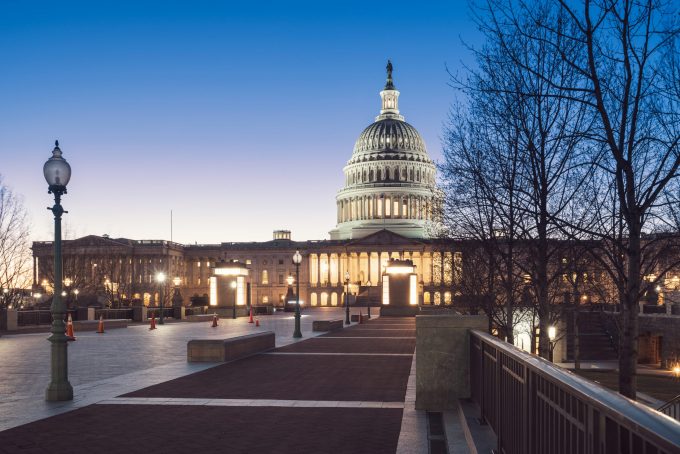FMC demands more info from Premier Alliance to assess its 'competitive impacts'
The US Federal Maritime Commission (FMC) has issued a request for more information from ONE, ...

Shipping lines today voiced their criticism of the US Ocean Shipping Antitrust Enforcement Act (OSAEA) with carriers claiming the bill will hit efficiency and increase costs, but shippers say vessel sharing agreements can be operated without anti-trust immunity.
OSAEA seeks to repeal anti-trust exemptions for carriers, ...


Comment on this article
Steve Kast
March 28, 2023 at 11:10 pmThe article discusses the opposition of shippers and shipping lines to the US Ocean Shipping Antitrust Enforcement Act (OSAEA) which seeks to repeal anti-trust exemptions for carriers and prevent US lines from entering into vessel-sharing agreements (VSAs). While some politicians argue that foreign shipping monopolies have manipulated the ocean shipping industry and employed unfair trade practices, industry representatives argue that the removal of anti-trust immunity could hit efficiency and increase costs. The article also highlights the need for better regulatory scrutiny, particularly in relation to vessel-sharing agreements and vertical integration by shipping lines. The European Commission is also reviewing its anti-trust immunity regulation, the Consortia Block Exemption Regulation.
All about Ship found the article to be informative and interesting, and thanks you for sharing it with us.
Best regards,
all about Ship